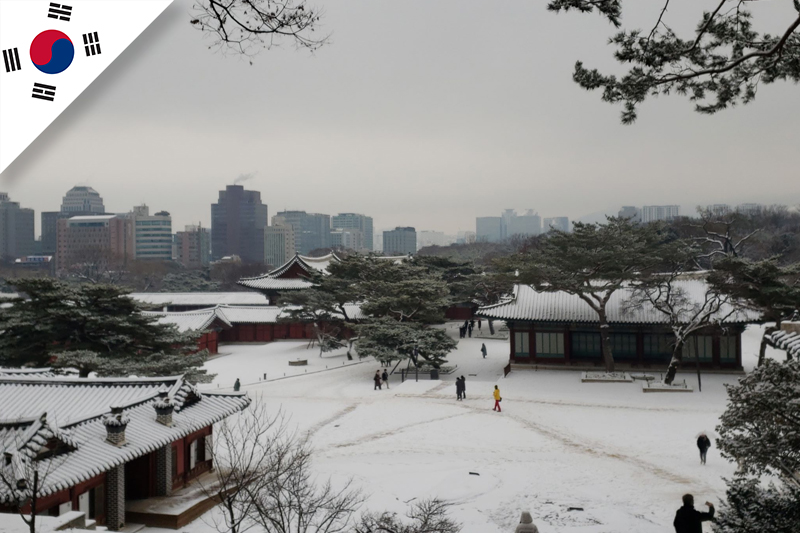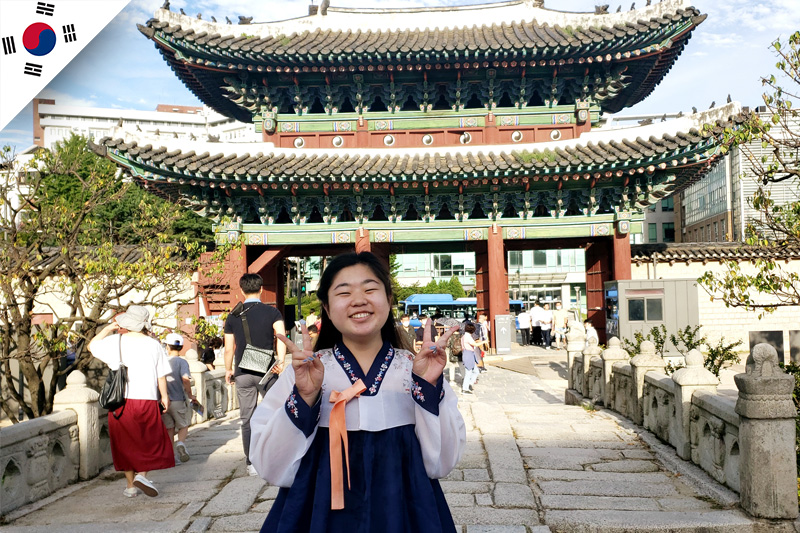
Read time:
Lately, I’ve been thinking about my experience studying abroad. Although I am having a good time, there are some things I wish I knew before I decided to go live across the world. So for my fellow study abroad captains, if you have any anxiety about your trip or if you want to find more information, here are some things to think about before you book that flight to go study abroad.
Before going to the CNU study abroad office, it's important to think about where you plan to go. The country you commit to will become your new temporary home, where you will eat, sleep, and live for a semester(or more or less). While studying abroad is generally fun wherever you go, the location you choose will definitely impact your experience. For example, food can become a significant factor in impacting your experience abroad. If you're homesick, American food may be more accessible in one place than the other, and if you are vegan, some countries may have a limited vegan selection. The weather, people, and experiences will also be affected by the location you choose, so make sure to choose wisely!
When choosing to study abroad in a country where you are unfamiliar with the language, then I'd recommend learning a few basic phrases and words. I understand that learning a new language is hard, especially one you aren't familiar with. But learning how to say "thank you", "hello", or even asking where something is can greatly improve your experience, and less likely to feel clueless. Just learning some basic phrases can help you adjust to living in the country and learning these will help you a lot in your confidence in speaking a new language.
Another tip I would recommend is educating yourself on the cultural and social norms within your desired country. Every country has its own set of beliefs and societal expectations. Arriving uninformed and experiencing these norms firsthand can be quite shocking. From my experience and what I have heard from friends (especially from Europeans), people from my home country tend to have a bad rep for being loud and ignorant. With this in mind, learning how to respect the culture and people can go a long way, and avoid misrepresenting your home country. Looking up information, such as body language, can help you in simple interactions like socializing with elders, calling over a waiter, using public transportation, etc. During your time there, you will easily pick up on the general social and cultural norms, so it doesn't hurt to learn a few beforehand to avoid any unwanted conflict or trouble.
And lastly, my big tip is to make sure you are comfortable with what you are leaving behind and what you are missing out on back home when you study abroad. It can be hard being on the other side of the world from your family and friends. You may miss out on traditions, events, holidays, and possible memories. Although you do have fun while studying abroad, you can also feel homesick, miss talking with your family, and miss hanging out with your friends. You also know at the back of your mind that there is a possibility of change between you and the people you love.
But studying abroad is an amazing opportunity, and while hardships may occur, I can promise that the experience you make for yourself will be once in a lifetime. So make sure to set your priorities straight and prepare the best you can before you go study abroad!

